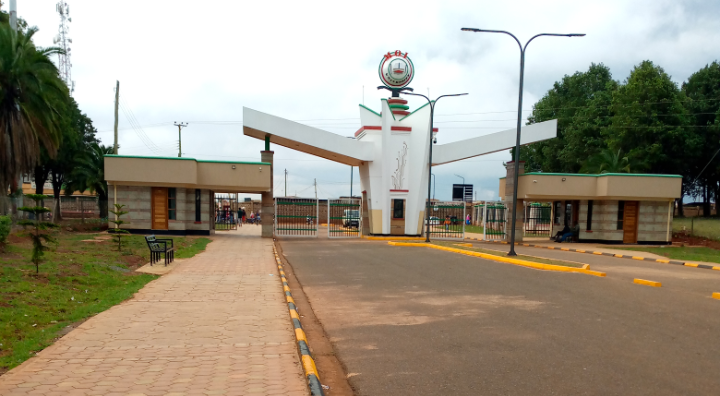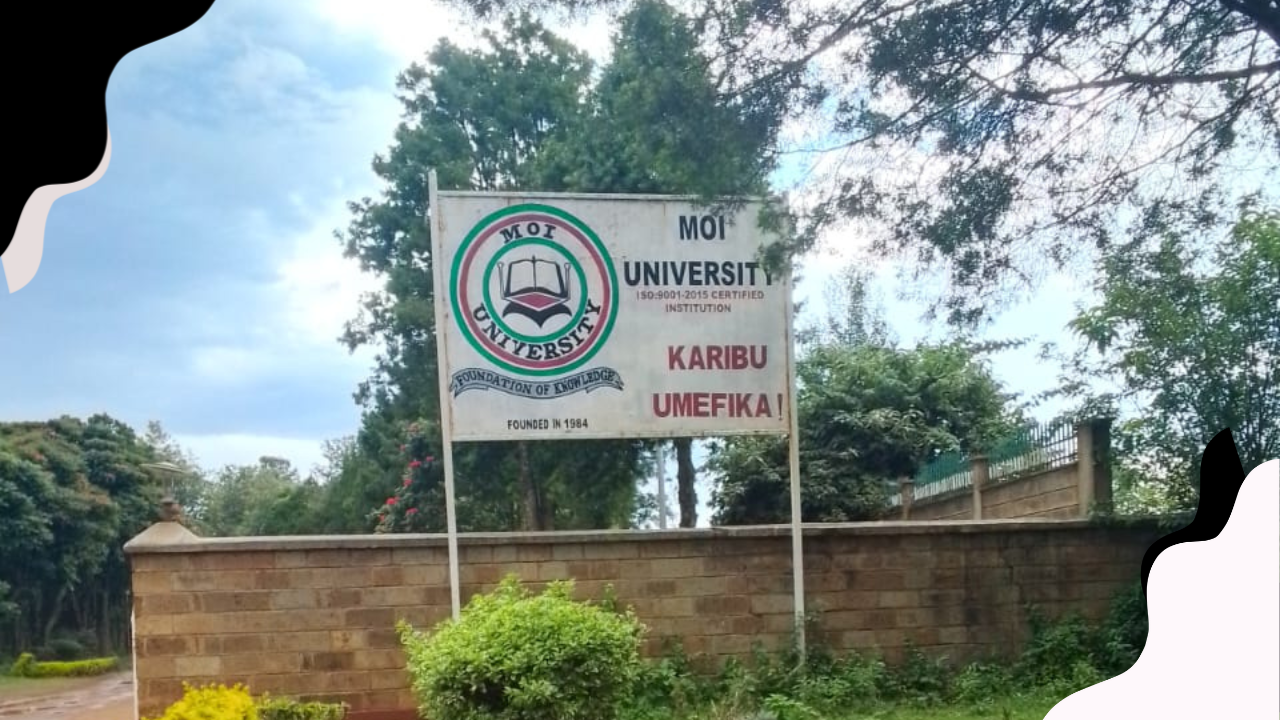Moi University has come under fire after reports revealed it purchased 11 donkeys to replace its aging fleet of tractors. The shocking revelation is part of a broader scandal involving alleged Moi University corruption, mismanagement, and financial embezzlement at the institution.
Insiders disclosed that the university resorted to purchasing donkeys because it could no longer afford to fuel its aging tractors. The decision has sparked widespread criticism, with many questioning how a leading institution could reach such dire financial straits.
RELATED:
The bizarre move is just one aspect of the scandal engulfing Moi University. Sources claim workers have gone unpaid for months, yet senior officials reportedly enjoy lavish perks, including allowances and per diems of up to Ksh.400,000 weekly.
Bloated Payroll Features 1,800 Ghost Workers
The university’s payroll has also raised serious concerns. Allegedly, it includes 1,800 ghost workers. A casual staffer earning Ksh.8,000 monthly was stunned to learn she was officially listed as earning Ksh.90,000. The discrepancy came to light when the Kenya Revenue Authority (KRA) summoned her for unpaid taxes on the inflated salary.
The Ethics and Anti-Corruption Commission (EACC) has interrogated ten senior officials, including a finance officer and a senior accountant, over the payroll fraud. Critics argue the scandal stems from a deep-seated culture of impunity and lack of oversight.
Moi University Corruption: Billions Allegedly Lost in Shadowy Deals
According to an investigative report by TV47, billions of shillings have been lost at Moi University through questionable deals. One glaring example is the construction of the university’s new gate, which cost Ksh.30 million. Observers have raised questions about the exorbitant cost.
EACC is also scrutinizing the university’s construction contracts. Allegations suggest links between these contracts and political figures. The World Bank has also denied funding the university’s Digital Innovation Centre project, casting further doubt on the institution’s financial practices.
Controversial Apple Farm Project Sparks Debate
Adding to the controversy, Moi University has invested Ksh.60 million in an apple farm project. Vice Chancellor Prof. Kosgey stated the funds covered sinking of a borehole, a dam, and other farm related infrastructure. The university is also said to import apple seedlings from South Africa, Egypt, and Israel.
Critics argue such projects seem extravagant, given the university’s inability to meet basic operational needs. Workers have gone for months without salaries, while funds are being funneled into ventures like the apple farm.
Prof. Kosgey has refuted the corruption claims, maintaining that the apple farm and other investments aim to foster innovation and financial sustainability of the institution.
City Digest is on Telegram! Click here to follow our channel for exclusive videos!








